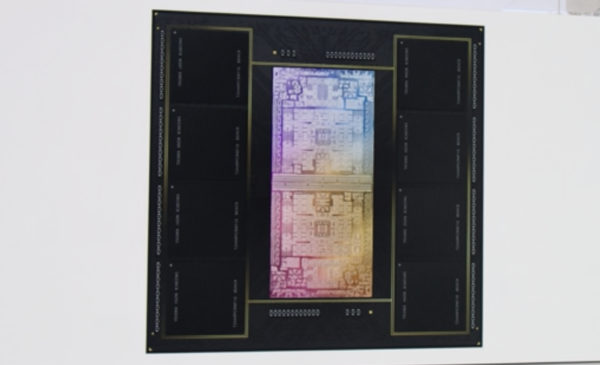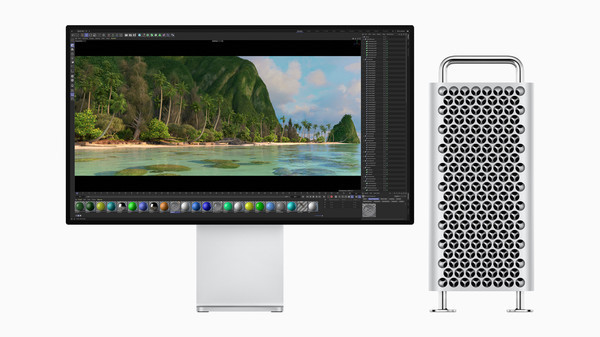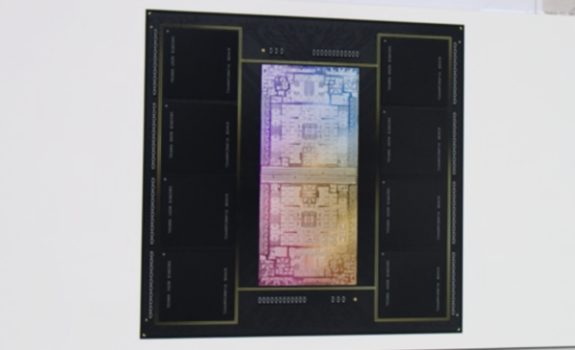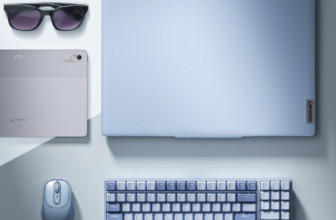
Apple M2 Ultra processor
Apple’s M2 Ultra Processor: A Game-Changer
During the WWDC event, Apple’s engineering and technical project management director presented the powerful M2 Ultra chip. He revealed that the M2 Ultra delivers performance that is three times faster than the Intel-powered Mac Pro. Aptly described as a “chip monster,” the M2 Ultra integrates two M2 Max processors via UltraFusion interfaces, boasting an impressive 134 billion transistors—17.5% more than the previous M1 Ultra. Additionally, the M2 Ultra comes with 24 CPU cores and up to 76 GPU cores, making it the most powerful chip designed for personal computers.
Apple’s Transition: From Intel to M-Series Chips
Apple first introduced its self-developed M1 chip in 2020, marking a significant departure from Intel, which had previously been a key supplier for Apple’s Mac series. The success of the M1 and subsequent M2 processors has left little room for Intel to regain its foothold in Apple’s products. Last year, Intel executives expressed hopes for renewed collaboration with Apple, but those hopes seem unlikely to be realized. Apple’s M-series chips are based on the ARM architecture, which is vastly different from Intel’s traditional X86 architecture. ARM allows Apple to create a more unified software development ecosystem, further enhancing the overall user experience.
Moreover, M-series chips have proven to be more efficient than Intel’s Core series, offering better energy consumption and performance. While developing custom chips requires significant investment initially, the long-term benefits—such as lower costs due to economies of scale—make it a smart choice for Apple.

Apple Mac Pro
Intel’s Decline: The Impact on Stock Prices
With the announcement of the M2 Ultra processor and the complete shift to Apple’s self-developed chips, it seems highly unlikely that Intel will be included in future Apple computer products. This decision has had an immediate financial impact: Intel’s stock price dropped by 4% following Apple’s product release, signaling the market’s reaction to the end of Intel’s role in Apple’s computer lineup.
Focus Keyphrase: Self-Developed Chips for Apple
In conclusion, Apple’s full transition to self-developed M-series chips marks a pivotal moment in the company’s history, one that leaves Intel’s processors behind. The powerful performance and efficiency of the M-series chips, combined with the strategic advantages of ARM architecture, provide Apple with a clear path forward. With the M2 Ultra now setting a new standard in computing power, the question remains: What’s next for the future of Apple and its self-developed chips?
For more updates and tech news, feel free to check out TinyDeals.





